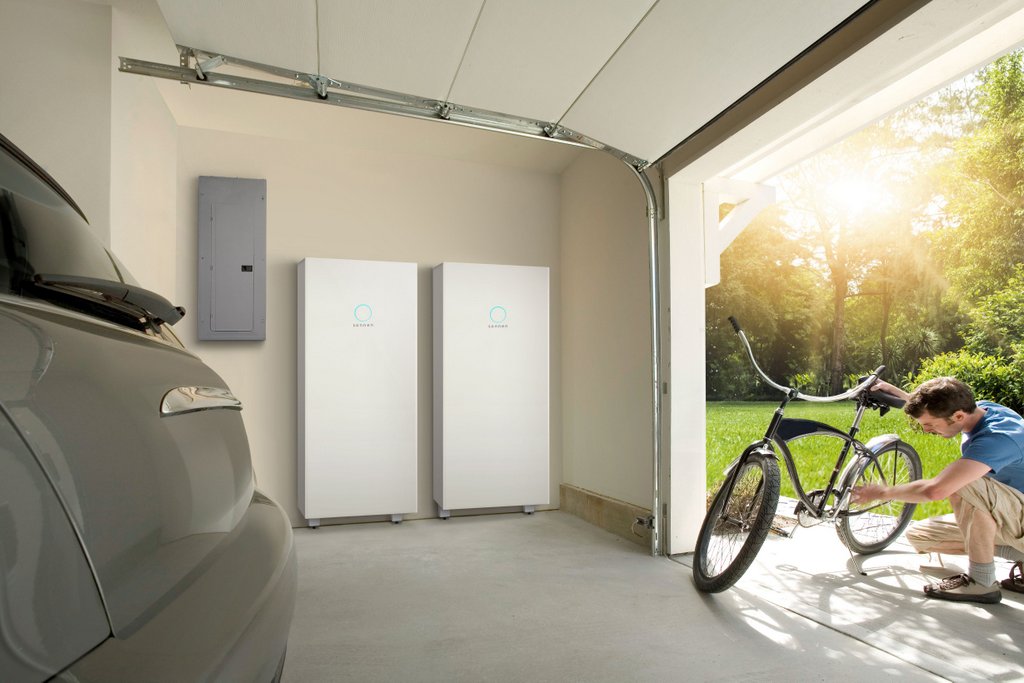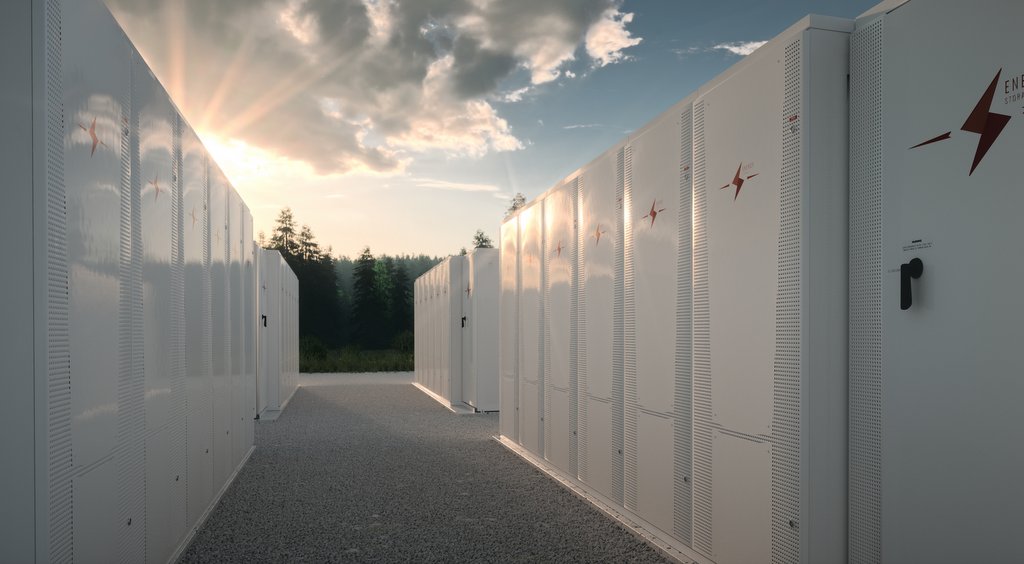Solar installation marketplace Palmetto raises another $375 million

Palmetto is a clean energy marketplace and technology services platform that does things a little differently. We profiled the company a few months ago in the Q4 2021 issue of Solar Builder within our “Next Distributed Generation” feature. Here’s the key nugget, to us, from that piece:
Kemper likens the vision more to an Amazon or Uber because the platform is geared to pricing transparency, sales efficiency and price reduction. That might sound similar to an EnergySage in which customers input their address and get a list of quotes from local installers, but one crucial difference is Palmetto maintains the customer relationship. The Palmetto marketplace then isn’t focused as much on low up-front costs because Palmetto is ultimately standing behind the installation and performance of the asset. Installers don’t have to deal with O&M, and customers aren’t left in the lurch if there’s an issue and the installer is no longer in business.
Another cool thing they did was launch the Build+ program, a12-month incubator-style program to help aspiring clean energy entrepreneurs get their own solar installation businesses off the ground, helping with capital investment requirements, managing unique cash flow issues, achieving licensing, securing insurance, forming an entity/business, overseeing payroll and accounting, recruiting, marketing, adhering to compliance/legal concerns and procuring tools and equipment.
Anyway, after writing such a piece, especially in solar, you wonder how long it will last. Some of the best ideas and technology on paper can end up disappearing within a year, and Palmetto doesn’t even top a Google search for its own name yet. Well, Palmetto is definitely still around and has raised approximately $375 million to accelerate its residential solar and clean energy platform. The round was led by Social Capital, with participation from new and existing investors including ArcTern Ventures, Gaingels, Lerer Hippeau, and MacKinnon, Bennett & Co. (MKB).
“Palmetto is the first distributed energy company built from a software foundation, which enables us to scale unlike any other clean energy provider and make real progress towards our mission of mitigating climate change,” says Chris Kemper, Chairman, Founder, and CEO of Palmetto, following the capital raise. “I honestly believe that in the same way the cell phone fundamentally changed the telecom market, Palmetto has the opportunity to do the same to the centralized fossil fuel industry.”
Kemper says the next step of Palmetto’s evolution is to expand the marketplace to include “other cost-saving products and services that empower homeowners to achieve energy resilience and independence.”
The company also announced that Chamath Palihapitiya and Nirav Tolia, Co-founder and former CEO of Nextdoor, have joined Palmetto’s Board of Directors. They join other directors and advisors, including Joanne Bradford (former Pinterest and SoFi), Monica Wililams (Equity Project), Francis Suarez (Mayor of Miami), Will Szczerbiak (Greycroft), Kyle Burks (STR Services), Jared Wray (Palmetto, CTO & Co-Founder), and Sean Hayes (Palmetto, Founding Team).
How Palmetto works
The residential solar market primarily consists of asset-heavy, low-margin business models, which make the transition to a clean energy system expensive for both homeowners and providers. By leveraging proven business models – such as third-party services marketplaces and subscription-based revenue models – Palmetto is able to maintain substantially lower operating costs compared to peers and pass those savings onto homeowners.
The company takes a marketplace-based approach to the most expensive aspects of the residential solar value chain – customer acquisition and installation – by facilitating a third-party network of trained sales specialists and certified technicians. Combined with Palmetto’s proprietary software platform that manages the survey, design, engineering, financing, permitting, maintenance, and active system monitoring aspects of the transaction, the company offers a complete end-to-end transaction platform without the operating expenses of a vertically-integrated provider.
As a result, Palmetto is able to offer its customers a path to clean energy independence at a cost up to 30% lower than its peers. This model also decouples revenue growth from operating expenses, creating a win-win-win-win for homeowners, Palmetto’s network of sales and build members, shareholders, and the broader advent of clean energy independence.
Palmetto will use the funds to invest in growing its marketplace of independent contractors, as well as the technology, people, and resources to maintain – and over time grow – its overall operating efficiencies in order to expand its addressable market.





Comments are closed here.